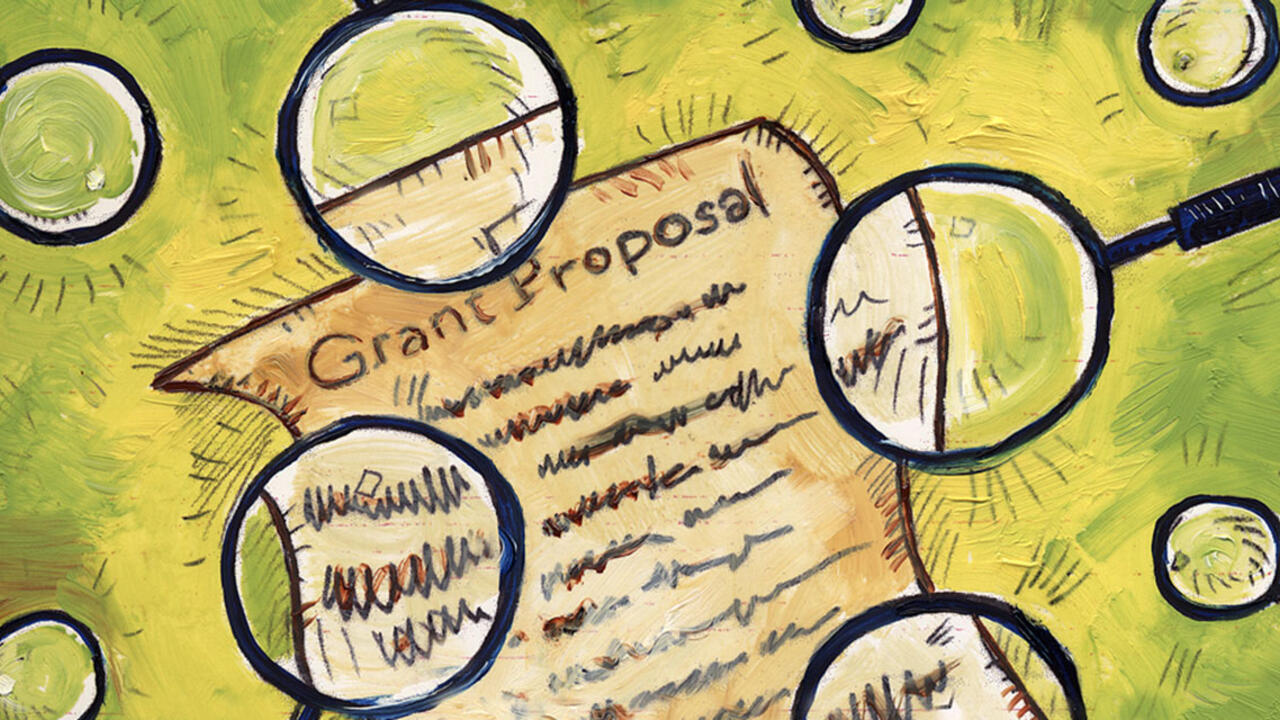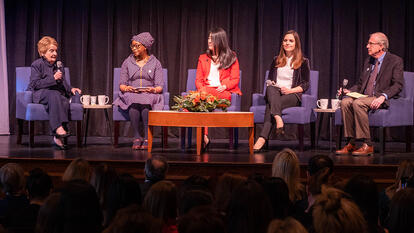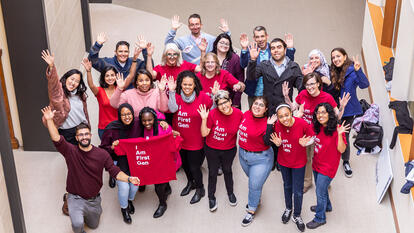Wellesley Professor’s Proposal in Chronicle of Higher Education Could Be Game Changer for Grant Application Process

Susan Reverby, Marion Butler McLean Professor in the History of Ideas and professor of women’s and gender studies, is already well known for her award-winning research on the Tuskegee syphilis studies and for uncovering the United States’ experimentation with sexually transmitted diseases in Guatemala. Now, she may have hit upon an idea that could change the very nature of research itself by focusing on one of its earliest stages: the grant application. The Chronicle of Higher Education published a column by Reverby in which she described the problems inherent in the application process and offered an elegantly simple solution, “a common app for nonfederal grants in the humanities, social sciences, and even in the sciences.” (The “common app” refers to a single application prospective college students fill out that is accepted by nearly 700 colleges and universities.)
Reverby’s article points out that the current grant application system wastes valuable time, time that could be used for important research and writing projects. Many institutions and grant agencies often ask the same questions, requiring the applicant to fill out the same information again and again. Even worse, sometimes the same questions are asked but the applications require slightly different responses. Reverby argues that her time would be far better spent coming up with new ideas for her work “instead of changing my proposal from 500 words, to 300 words, to 1,500 words, to 1,000 words to fit this or that grant agency’s needs.”
Reverby describes the process that would be required to make this new common app a reality, and she writes that this approach “would be fairer since it might give more academics a chance at getting support. With a grant common app, we all would spend less time writing grant proposals and more time doing research, writing, preparing new courses, or updating old ones.”
Reverby reports that her Wellesley colleagues have responded to her proposal with “lots of hosannas and amens.” She adds that her fellow scholars and researchers, at Wellesley and elsewhere, have always been helpful in the grant process. “I have always shared grant proposals and ideas of where to apply, other than the obvious, with colleagues here and elsewhere. And they have with me,” she explained. “It really helps to see a successful proposal and have a sense of what counts.”
Reverby’s common app solution is only an idea right now, of course, but she is definitely looking ahead. About the proposal, she says, “I know I hit a nerve, but that does not lead to change until we organize to make it happen.”



